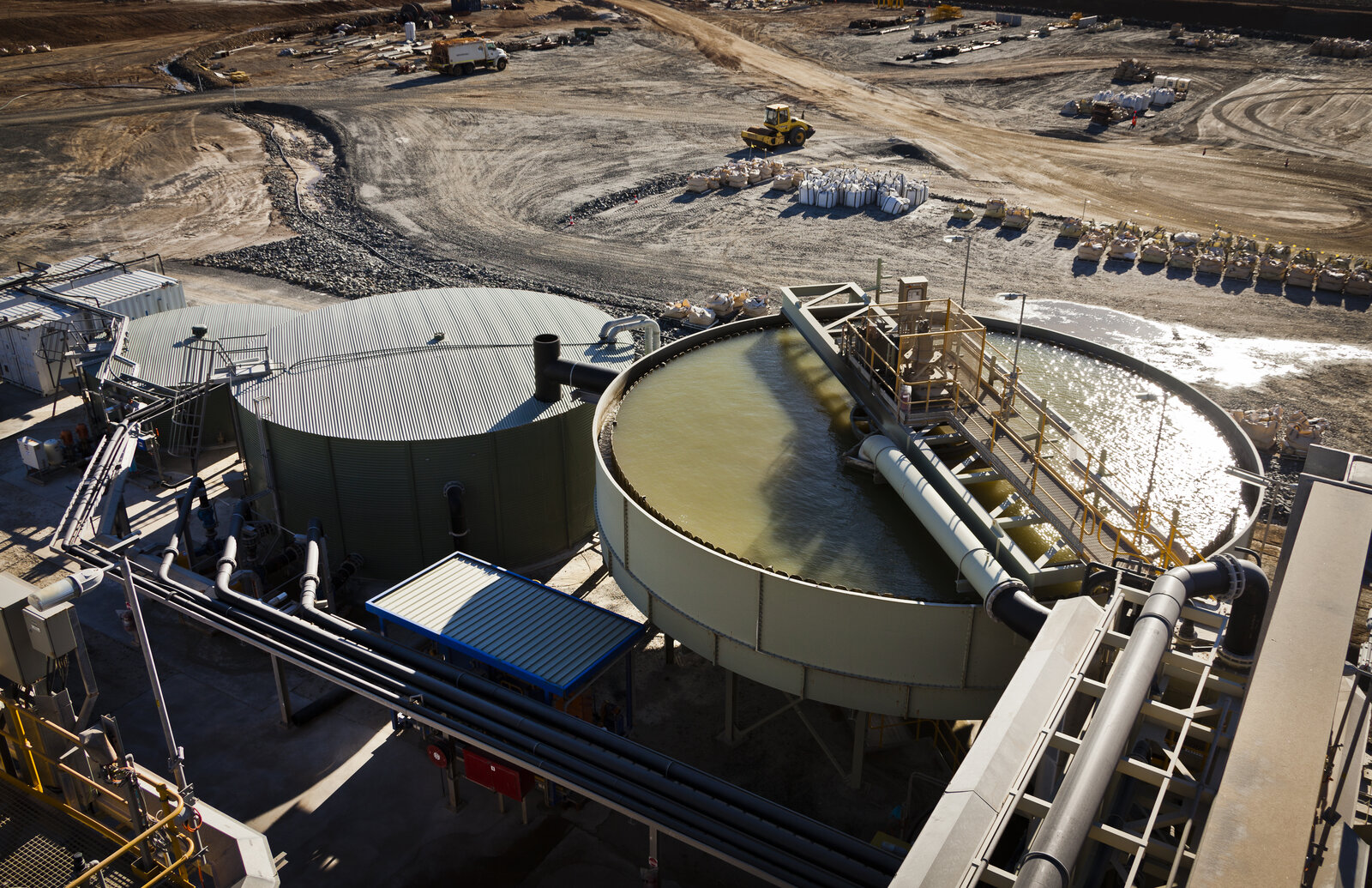China sinks USD bns into Zimbabwian lithium mining and renewables

Zimbabwe’s lithium and energy sectors are in the spotlight: Chinese firms were awarded lithium exploration and energy production licenses that could amount to USD 2.79 bn worth of investments pouring into Zimbabwe, Bloomberg reported last week. USD 2.3 bn of China’s planned investments would be directed toward developing an energy and mining and minerals processing complex in Mapinga, while another China-led project focuses on the development of a 500 MW solar farm in the country. The development licenses awarded by the country in 3Q 2023 amount to USD 3.41 bn with Chinese firms making up two-thirds of 180 applications sent to Zimbabwe’s Development Agency. Next in line is the UAE which is looking to channel USD 498.5 mn in investments toward Zimbabwe’s economy, Bloomberg notes.
Zimbabwe and Africa have big lithium potential: The country raked in USD 209 mn from EV-critical lithium exports in the first nine months of 2023 and its lithium market grew from USD 1.8 mn in 2018 to USD 70 mn in 2022, Reuters reported, citing comments made by Zimbabwe’s Mines and Mining Development Minister Zhemu Soda. Chinese firms — including Zhejiang Huayou Cobalt, Chengxin Lithium Group Yahua Group, and Canmax Technologies — have shelled out over USD 1 bn since 2021 to develop lithium mining and processing projects in the country, Reuters notes. Africa is home to an estimated 5% of the world’s total lithium supplies and mining expansions are expected to bring up the continent's capacity from the current annual production rate of 40k tons to 497k tons by 2030.
Greece takes first steps in giant offshore wind development plans: Greece has released a draft plan identifying areas within its waters that will be allotted for the private development of at least 12.4 GW offshore wind farms, Reuters reported last week. The draft plan includes 25 eligible development areas spanning 2.7 sq km in the Aegean, Ionian, and Mediterranean seas, which will be up for grabs from 2025 until 2032 in two phases. Greece is aiming to install at least 2 GW of offshore wind power by 2030, representing one-tenth of its current onshore capacity. The Hellenic Hydrocarbons and Energy Resources Management Company (Herema) are in charge of Greece’s offshore wind expansion strategy.
Occidental Petroleum is selling 27.5k tons of direct air capture (DAC) CO2 removal credits to US-based TD Bank over four years, according to a statement released last week. TD Bank will buy the credits from 1PointFive's Stratos DAC Texas plant and will use some of the credits to offset its operational emissions. 1PointFive is a wholly-owned subsidiary of Occidental.
Occidental already has other giant prospects: Amazon said it was purchasing 250k tons of carbon credits from Occidental’s DAC plant over the next decade last September. Adnoc also explored participating in 1PointFive's DAC facility earlier this month. The petroleum giant also quietly offloaded its Century carbon capture and storage (CCUS) plant last year after a decade of economic issues.
OTHER STORIES WORTH KNOWING ABOUT THIS MORNING-
- Adani Green Energy is looking to borrow USD 1.8 bn from foreign lenders: Indian conglomerate Adani Group’s renewable energy arm Adani Green Energy is in talks with Deutsche Bank, Standard Chartered, Barclays, BNP Paribas, First Abu Dhabi Bank, and Rabobank, to borrow up to USD 1.8 bn for planned solar and wind projects. If signed, it could be among 20 biggest major currency loans in Asia this year. (Bloomberg)
- The US explores CCUS projects in national forests: The U.S. Forest Service is proposing a new rule to amend regulations and pave the way for the "exclusive and perpetual use" of national forest lands for carbon capture and sequestration projects. Some environmental groups oppose the proposed rule, arguing it would allow for the privatization of public land. (Reuters)
- The world is dimming the fluorescent lights: Delegates from 147 countries agreed to completely phase out fluorescent lights — the largest light-based mercury polluter — by 2027 at the Minamata Convention.The transition will offset 2.7 gT of CO2 and eliminate around 158 tons of mercury pollution. (Statement)